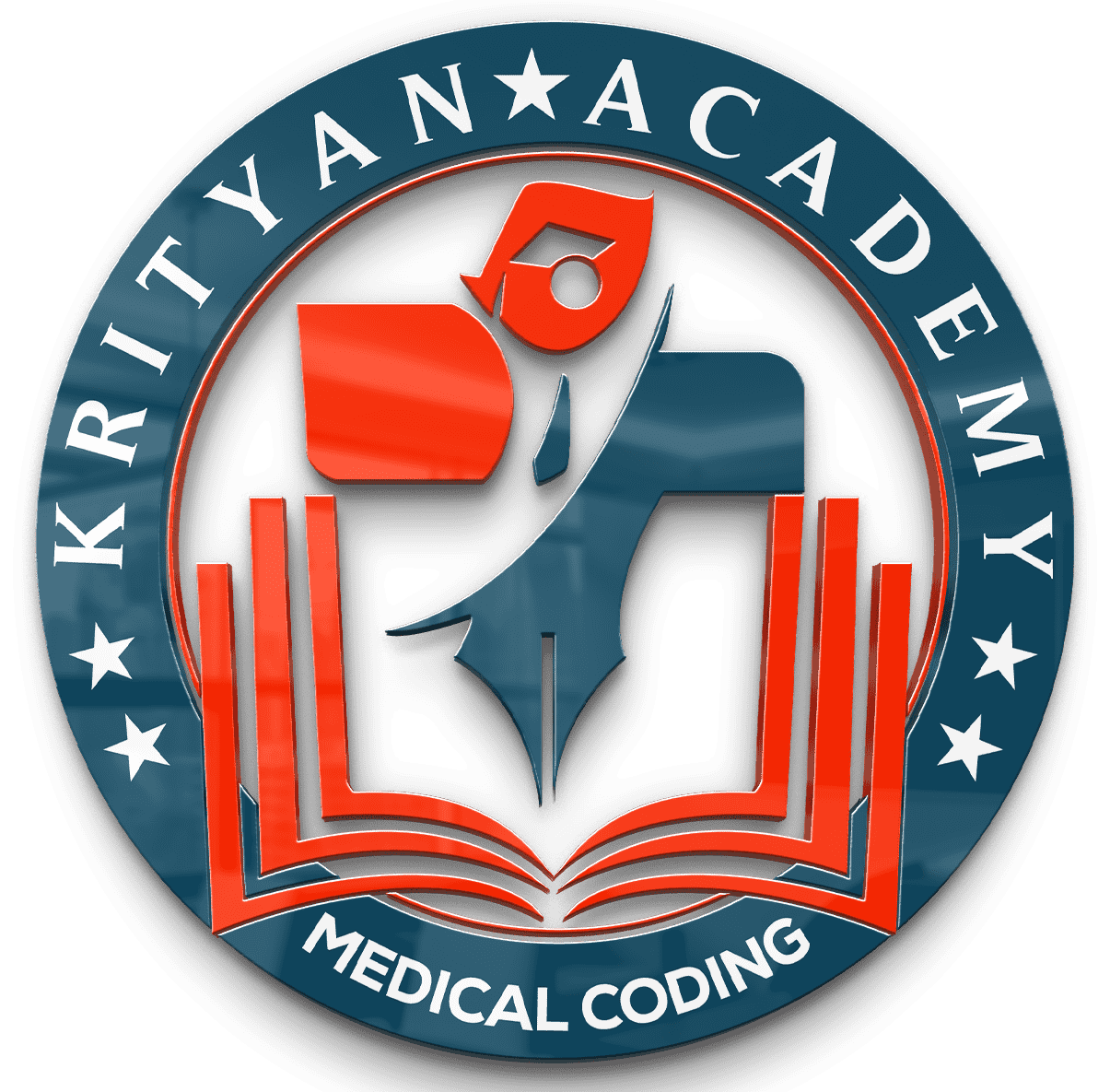is a risk adjustment model used primarily by the Centers for Medicare & Medicaid Services (CMS) to estimate future healthcare costs for patients. It groups similar diagnoses into categories, which are then used to calculate a risk adjustment factor (RAF) score for each patient.
coding is a system that categorizes hospital cases into groups expected to have similar hospital resource use. This system is primarily used for reimbursement purposes, allowing hospitals to be compensated based on the complexity of patient care.
involves coding for surgical procedures that are performed and completed on the same day, without the need for an overnight hospital stay. This type of coding is crucial for accurate billing and reimbursement in outpatient surgical settings.
is a system used by healthcare providers to document and bill for patient visits and services. These codes are part of the Current Procedural Terminology (CPT) code set, maintained by the American Medical Association (AMA).
involves the accurate documentation and billing of radiological procedures and services. This specialized field requires a deep understanding of various imaging techniques and the corresponding coding guidelines.
To ensure accurate billing and reimbursement for ancillary services, such as laboratory tests, imaging studies (e.g., X-rays, MRIs, CT scans), physical therapy, and other diagnostic or therapeutic services.
involves the accurate documentation and billing of anesthesia services provided during surgical and medical procedures. This specialized field requires a deep understanding of various anesthesia techniques and the corresponding coding guidelines.
Ensures precise coding for specialized procedures, reducing errors and enhancing claim acceptance rates.
Captures the full scope of services rendered in specialty fields, optimizing revenue potential.
Leverages coders trained in specific medical specialties, ensuring compliance with unique standards and guidelines.
Adheres to industry-specific coding regulations, reducing risks of audits and penalties.

We provide accurate and efficient ICD, CPT, and HCPCS coding services, ensuring compliance, streamlined billing, and improved reimbursement for healthcare providers.
We’re here to assist you! Contact us for expert guidance on our medical coding courses.
©Copyright 2024. All Rights Reserved. Krityan Medical Coding